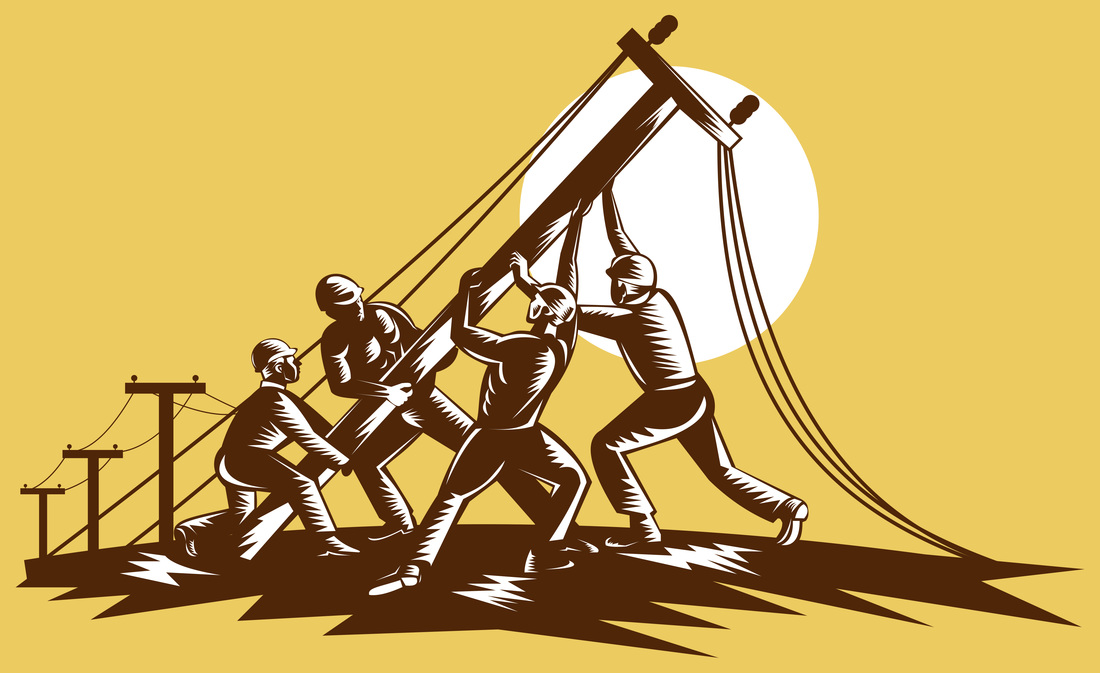How To Create Their Filters
This is a good metaphor for how the mind works.
We’ve all got these filters in our heads. Some are preprogrammed, some are learned.
For example, nobody comes into this world with our names burned into our brain.
Yet it doesn’t take long to associate a name that somebody else has given us, with our deep sense of self-identity. If we’re at a party, and somebody says our name a few feet away, we’ll automatically pick up on it.
Money is something else we “learn” to be on the lookout for. If you’re walking down the street, and you see a green piece of paper out of the corner of your eye, you’ll turn your head before you even know what’s what.
And if it IS money, you’ll feel a rush of excitement as you reach down and pick it up. None of this will be conscious. Sure, you’re consciously aware of it while it’s happening, but it’s driven by subconscious desire.
Here’s the cool thing. If you moved to a country with a totally different type of money, different shape, different color, different material, you would EASILY start seeing THAT with the same subconscious desire.
Other filters are much more flexible. Meaning they can be conjured up on the spot. For example, if you started to talk to somebody, friend or whoever, about something they REALLY wanted, they would start seeing YOU through those temporary filters of desire.
This is why a lot of dating coaches recommend going on “action dates” in the beginning of the relationship. You subconsciously associate the fun and excitement with each other.
The more you talk to somebody about their desires, they’ll subconsciously associate their desires with you. Both because they are looking at you while they are talking about their desires, and they are talking about their desires BECAUSE you are the one asking them questions about it.
Kind of like why the sky is blue. Of all the different color light that comes from the sun, blue comes through the strongest. The molecules in the upper atmosphere vibrate at about the same frequency as blue light. So the sky appears blue.
When you ask questions about their desires, in the right way, and ask good follow up questions, in the right way, they will see YOU as resonating with their desires.
Which means YOU will be seen in a very, very good light, regardless of who you are and what you may or may not have to offer.
To learn how, check this out:









